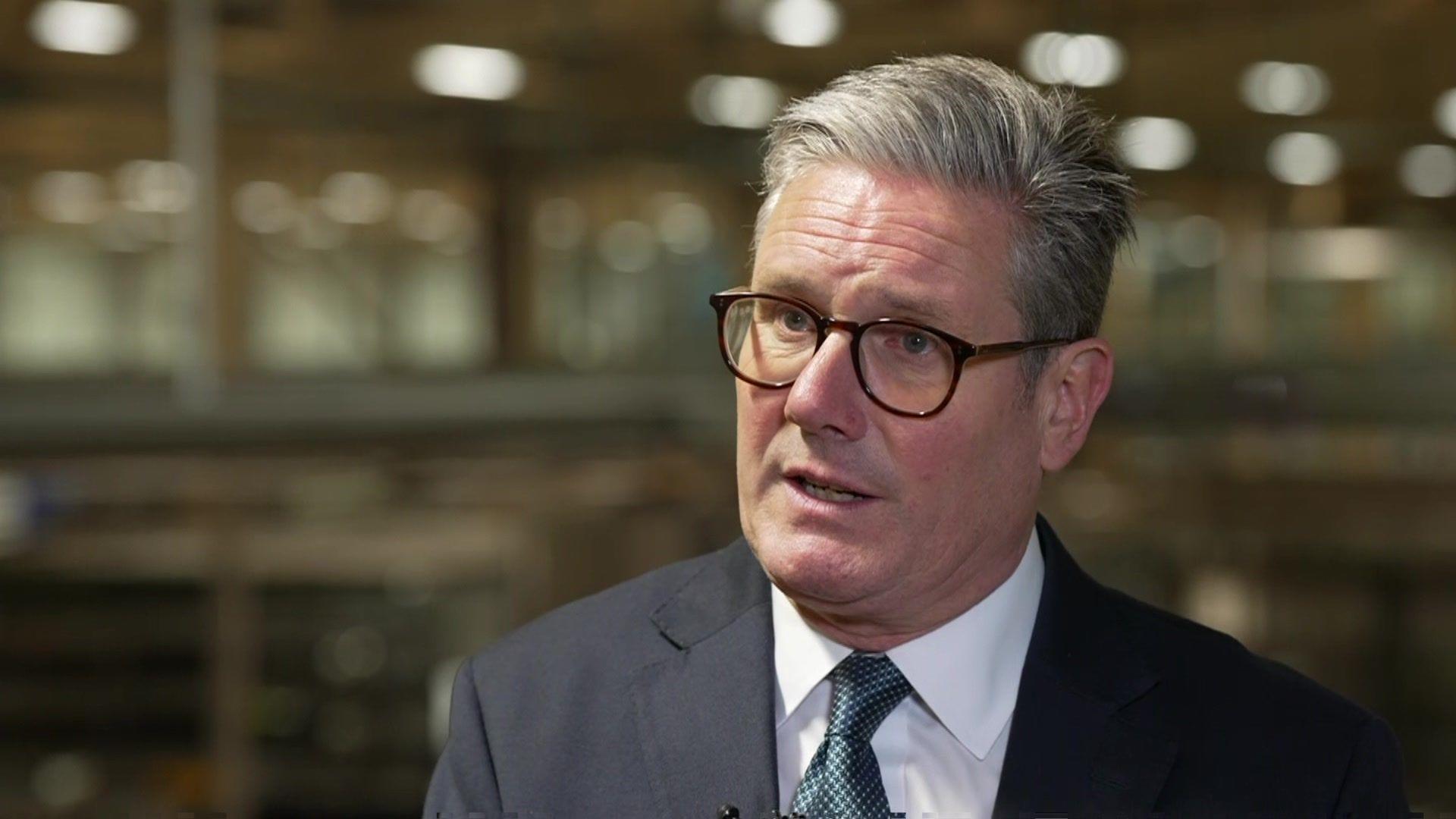Widow of MND sufferer calls for assisted dying
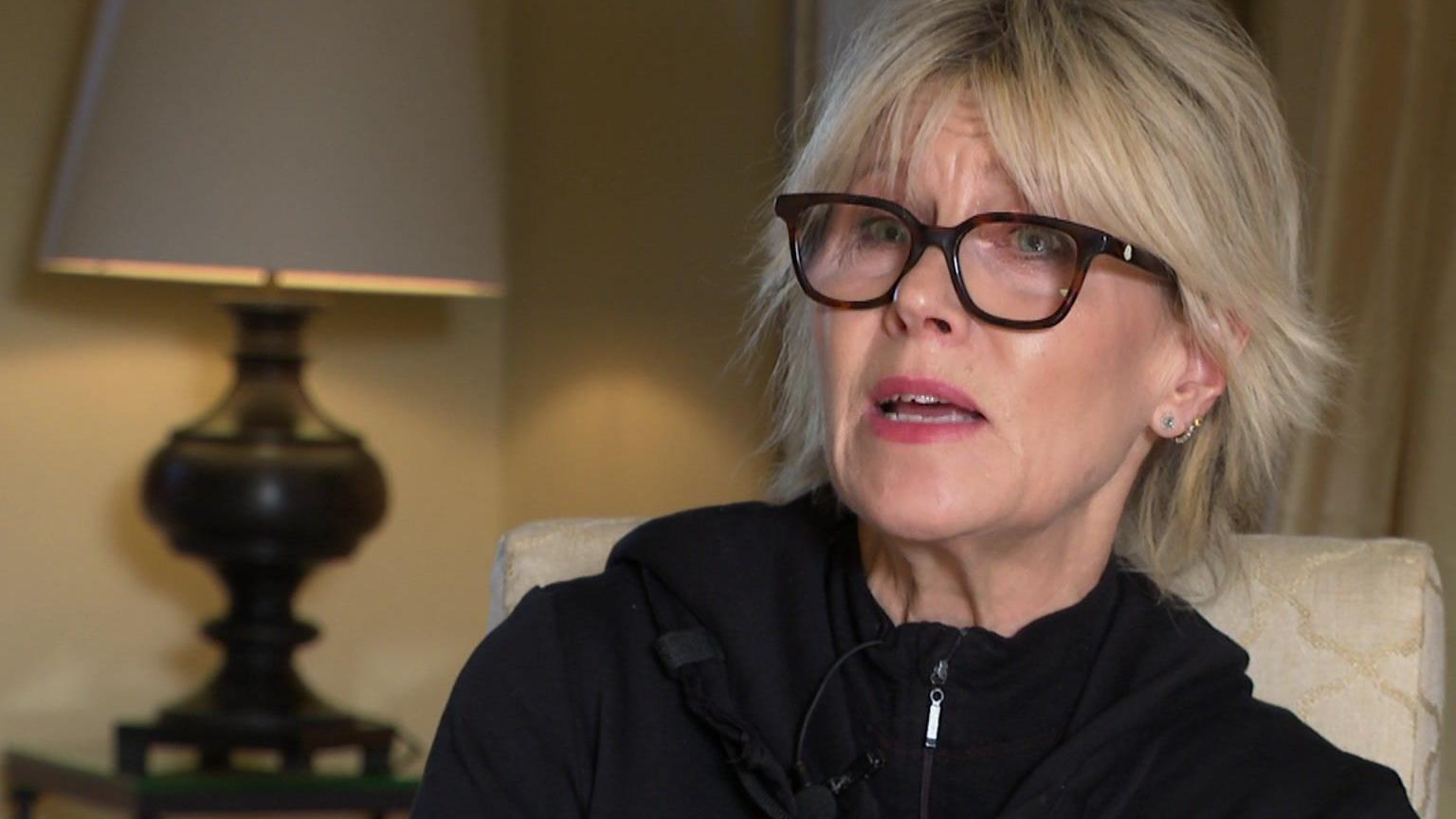
Pauline McLeod said her husband had "no quality of life" after he was diagnosed with motor neurone disease
- Published
A widow whose terminally ill husband died after refusing food and drink has called on MPs to back assisted dying, ahead of a parliamentary vote on the issue.
Pauline McLeod said her spouse Ian, who was living with motor neurone disease (MND), had found life "intolerable" before he passed away in 2023.
Parliament will consider whether or not to legalise assisted dying after a bill was put forward by the Labour MP for Spen Valley, Kim Leadbeater, for the first time in nine years.
Mrs McLeod said the law as it stood was "not fit for purpose".
Her husband was diagnosed with MND in 2021, although he had been living with symptoms of the illness since the previous year.
Mrs McLeod said he felt he had "no quality of life" and had unsuccessfully tried to take his own life with an overdose in June 2022, before he died in a hospice having refused food for three weeks last year.
'Way out'
Mrs McLeod, from Sheriff Hutton near York, said that besides having severe pain in his neck, Ian "couldn't walk, he lost his speech completely, he had problems swallowing and he had breathing problems".
She added: "He just found life intolerable. He felt he had no quality of life. He just wanted it to stop. He wanted a way out."
Mrs McLeod said her husband had felt he was "faced with a choice of either taking matters into his own hands or a really unpleasant death", before his failed suicide attempt.
She said the nature of his death had not been a "humane end by any stretch of the imagination".
"It was very difficult and frustrating not to be able to offer any hope or comfort to Ian," she said.
"This is a really important opportunity for Parliament to bring a big social change in this country."
Opponents of assisted dying have frequently cited concerns that elderly people may feel under pressure to end their lives prematurely.
Baroness Tanni Grey-Thompson, the former Paralympian and a disability campaigner, told the BBC that "there's a lot of worry out there about how this law can expand if it comes in".
The last House of Commons vote on the issue saw proposals to legalise assisted dying rejected by a ratio of nearly three to one.
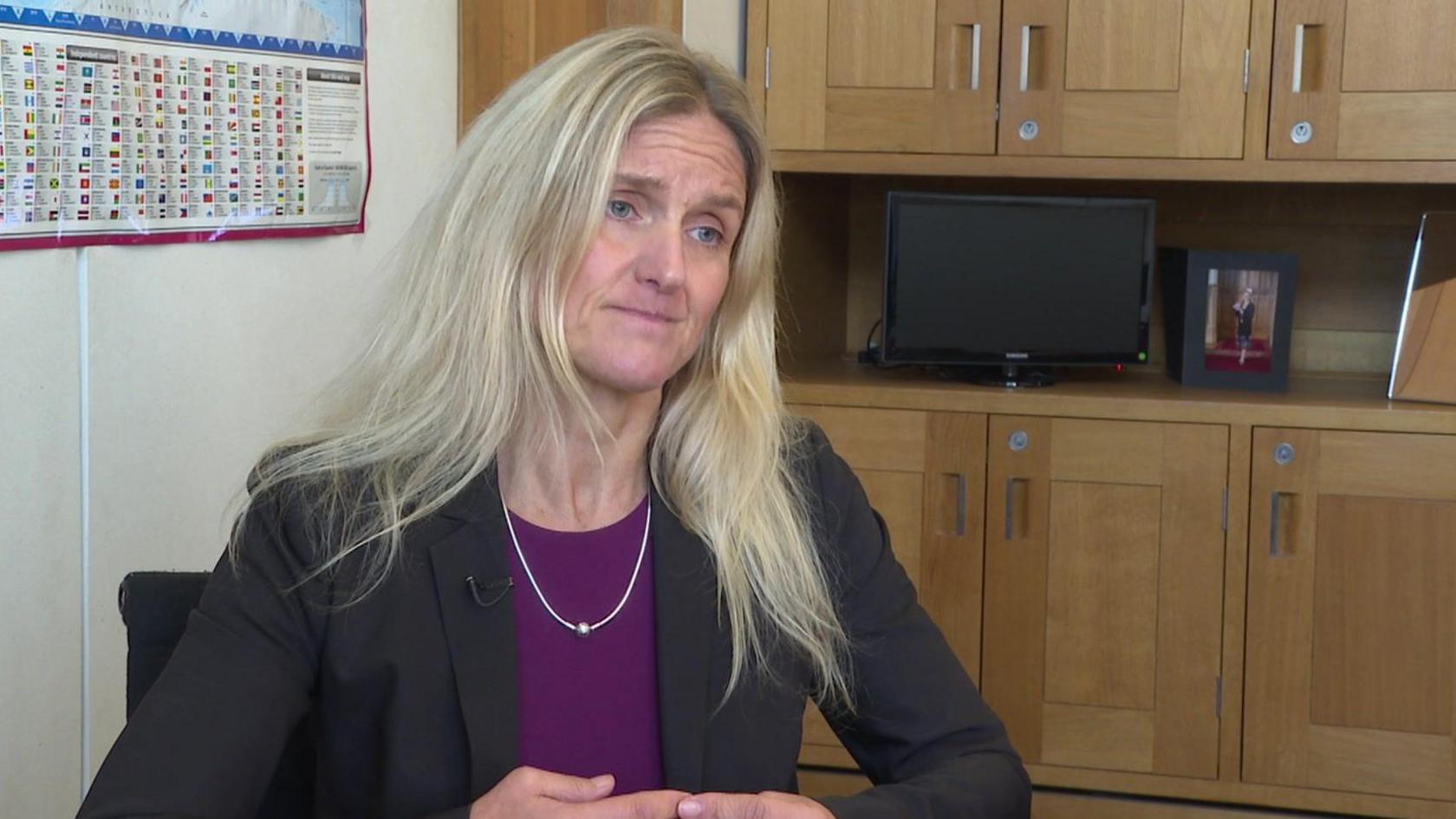
Kim Leadbeater said terminally ill people "deserved a choice" over ending their lives
But Leadbeater said she believed people who were terminally ill "deserve to have a choice in a way they have autonomy and dignity".
She also said she believed "robust safeguards" would be put in place should assisted dying be legalised, to address concerns the system would be exploited.
"It's not about taking people's lives, it's about shortening their deaths," she said.
"These are not people who are going to get better. These are people who are coming to their end of their life and it's just that choice that I think in a civilised society they should be able to have it."
Listen to highlights from North Yorkshire on BBC Sounds, catch up with the latest episode of Look North or tell us a story you think we should be covering here, external.
- Published4 October 2024
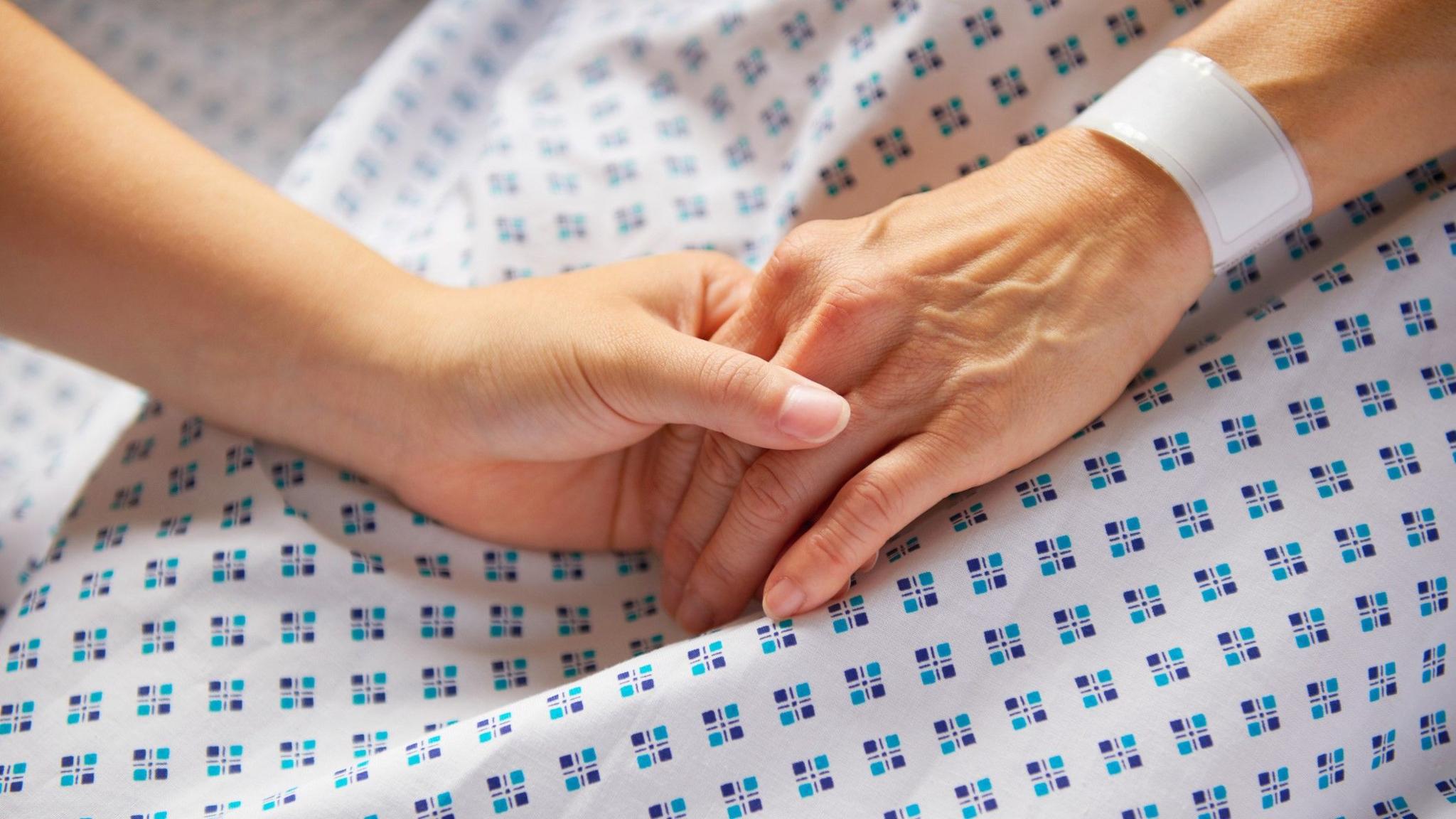
- Published4 October 2024
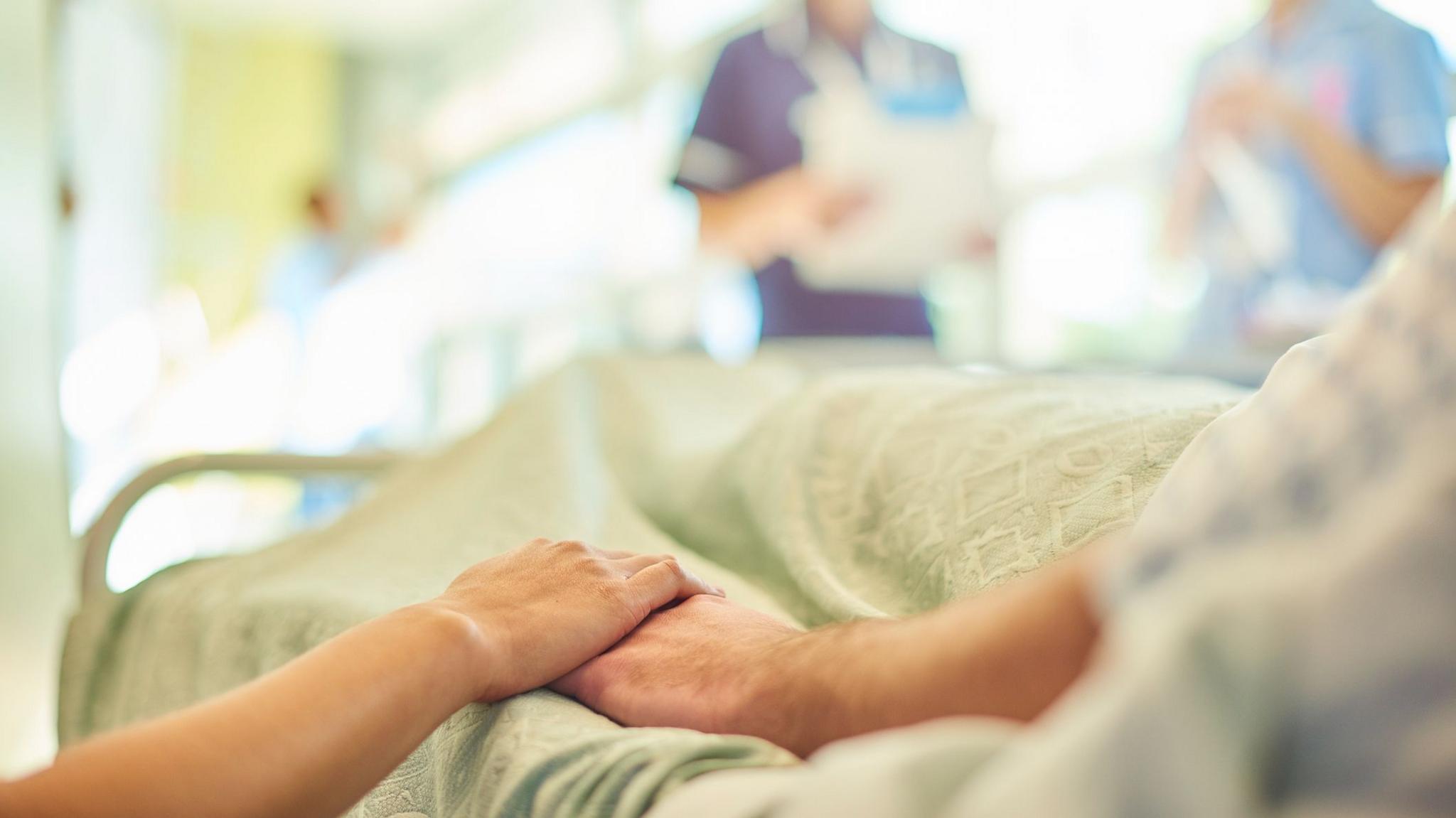
- Published4 October 2024
